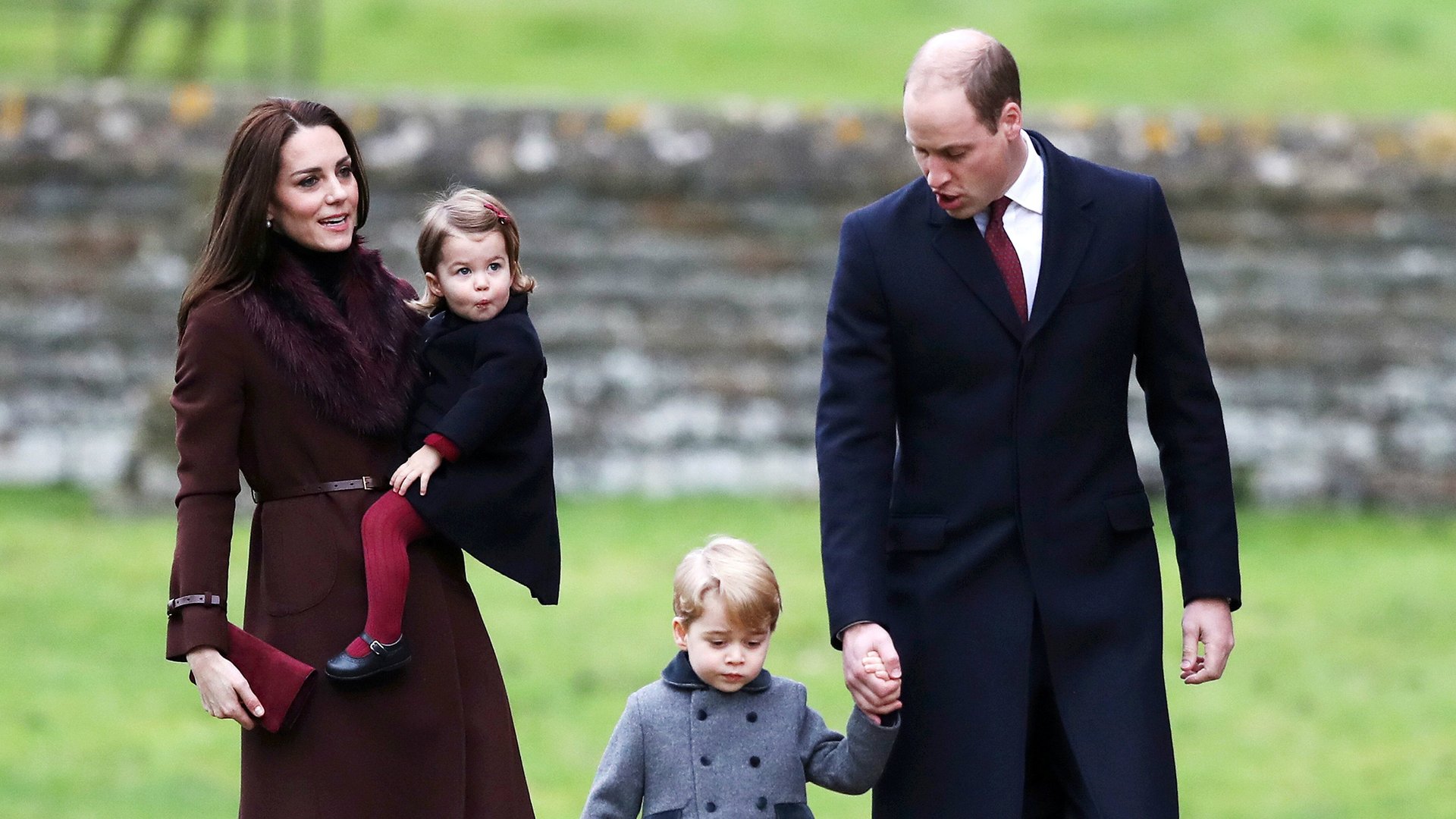The new royal baby won’t get to be king—but being the third child has its perks
Dear new Royal Baby (Arthur, or Albert, or Fredrick, or James, or Philip, as the bookmakers are predicting you will be called):


Dear new Royal Baby (Arthur, or Albert, or Fredrick, or James, or Philip, as the bookmakers are predicting you will be called):
Welcome! You are probably not yet overly concerned with your future. But soon enough, you may start thinking you got the short end of the royal stick. As the third child of Prince William and Kate Middleton, you are fifth in line to the crown, with your grandfather (Prince Charles), and your dad next in line before it passes to George, your big brother. Following an uber-progressive 2013 rule change to the order of royal succession, even your sister Charlotte gets a shot at the title before you do. (Before the change, younger royal males took precedence over their older female siblings).
So a shot at the throne is looking kind of unlikely. But there may be other perks to being the youngest of three.
Birth-order enthusiasts often posit that older siblings are more neurotic, intelligent, controlling, outgoing, and conscientious. Middle children struggle to get attention, overshadowed by their older and younger siblings, and usually wind up peacemakers. And younger siblings are generally less high-strung—and often, charming, creative rebels.
From parents’ perspective, we tend to be crazy neurotic with our first kids, and significantly more relaxed by the third. As Quartz has previously noted, a typical evolution goes something like this:
Bedtime
Kid #1: 7:00pm.
Food
Kid #1: Organic, washed, cleaned, Vitamixed. Homemade everything.
Theories about the effects of birth order have a rich history. In the 1920s, philosopher and psychiatrist Alfred Adler, the second of six children, posited that first- and last-born children were neurotic due to their constant struggle for success and superiority. Middle children, like himself, were better adjusted: healthier, easygoing, and rebellious.
Sigmund Freud, a neurotic oldest child, vehemently disagreed, stoking “one of the most heated scientific disputes of all time.” The debate ended with Adler resigning from the Psychoanalytic Society and founding an entirely new branch of psychology, via the Society for Individual Psychology.
Unfortunately, popular science is not science. In 2015, Rodica Damian of the University of Houston and Brent Roberts of the University of Illinois published a summary in the Proceedings of the National Academy of Sciences summarizing research on birth order, concluding that “scientific evidence strongly suggests that birth order has little or no substantive relation to personality trait development and a minuscule development of intelligence.” So George may indeed be destined to be smarter, if only a little bit. But all three of you seem to have equal shots at being either strung-out and neurotic, or carefree, delightfully happy kids.